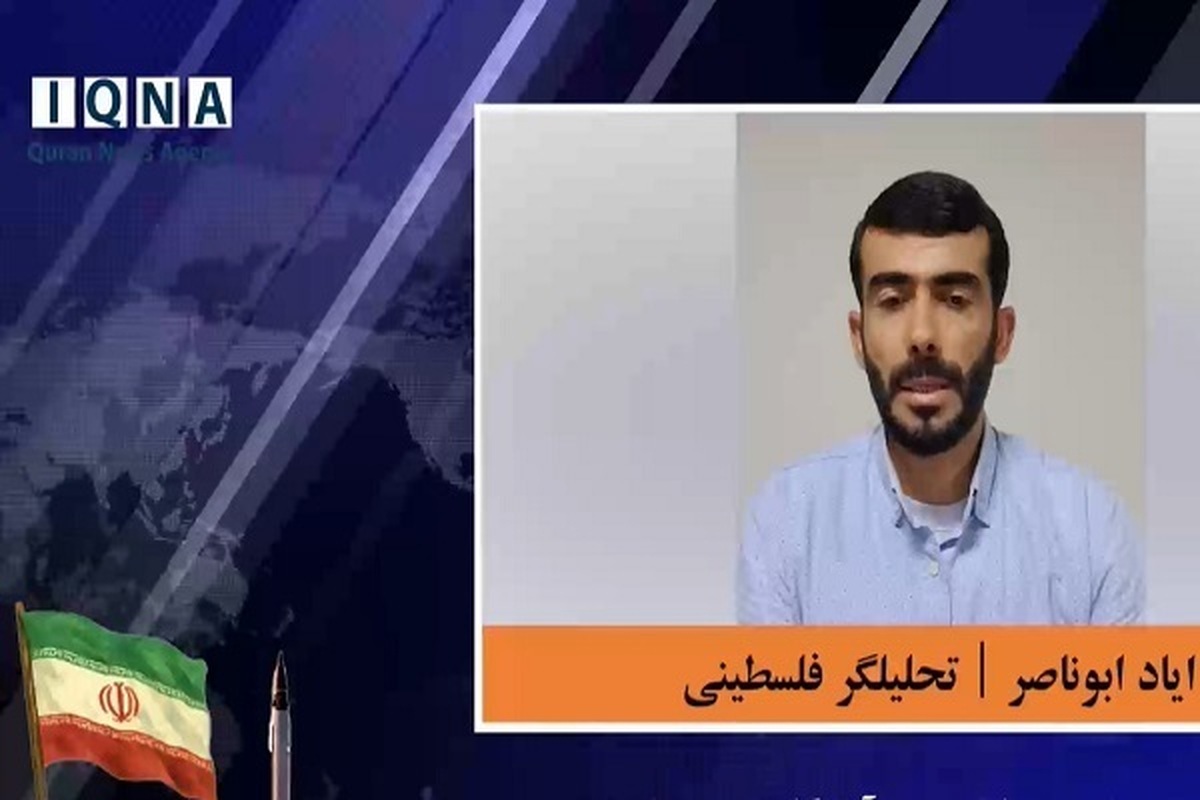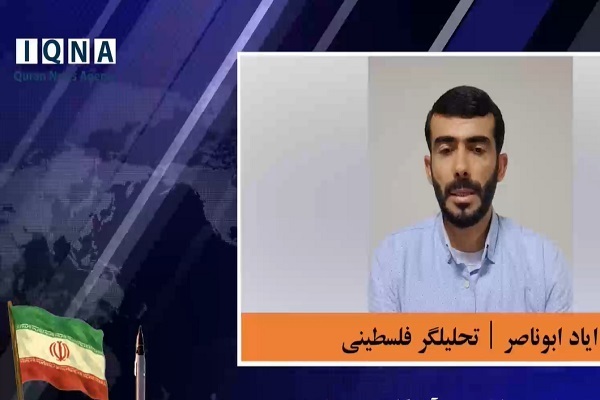Enhancing Culture of Resistance A Tangible Outcome of 12-Day War: Analyst


Iyad Abu Nasser made the remark in an online event titled “Iran’s Dignity and Power; A Message beyond Missiles,” organized by IQNA on Saturday.
Other speakers at the webinar included International Islamic University Malaysia’s political sciences scholar Danial Bin Mohd Yusof, international relations professor at Indonesia’s Universitas Padjadjaran Dina Sulaeman, and Lebanese scholar Talal Atrisi.
The event came following a 12-day US-Israeli aggression on Iran and the country’s mighty defense against aggressors.
Following are excerpts from Iyad Abu Nasser’s address to the webinar:
The recent war between Iran and Israel had significant regional implications—both in form and substance—and, given the global connotations of this conflict, it profoundly impacted strategic equations in the region. This was a war that Israel initiated with a surprise, treacherous attack during Iran’s negotiations (with the US) in Oman.
Yes, this was a war that caught everyone off guard—except for those who understood the broader equation. While we all agree that it was a sudden and unexpected war, it led to major escalations in security and political tensions, fundamentally altering the regional balance of power. Thus, the regional landscape is no longer the same as it was before the 12-day Iran-Israel war.
Key Impacts of the US-Israel Imposed War on Iran:
Shift in the Balance of Power
The war demonstrated Iran’s own strength in missile and drone retaliations—possibly even with new weapons systems. This forced a reassessment of military strategies and capabilities across the region.
The direct intervention of the United States added an international dimension to the war, increasing its complexity and long-term effects—which we still feel today.
Regional Relations and Power Dynamics
Despite tensions between the Israeli regime (a US ally) and regional states—many of which are also US allies—Washington’s stance varied significantly between its partners.
The war influenced relations between regional states and global powers, with reactions being cautious and measured—such as Persian Gulf states playing a mediating role.
Economic Consequences
The war impacted oil and gas prices, increasing market volatility, which could lead to higher global inflation.
Possible scenarios emerged: conditional calm, continued tension, or an all-out regional war—options that were actively considered during the conflict.
Three Key Realizations Before the War’s End:
Conditional Calm: A form of provisional compromise between Iran and the US, though not all terms were agreed upon.
Ongoing Tensions: While direct escalation may have paused, psychological and soft warfare between Iran and Israel persists.
Read More:
Risk of a Wider Regional War: If current trends continue, a full-scale conflict remains a foreseeable possibility—with economic and security consequences extending beyond the region.
Broader Strategic Revelations:
Deterrence Rebalanced: The war exposed that Middle Eastern deterrence is no longer solely based on military superiority but on a complex interplay of hard power, symbolic legitimacy, political-economic endurance, and the ability to strike weak points—evident throughout this conflict.
Political Fallout in the West:
France and Germany expressed political discomfort over Israel’s attacks, while the US and Ukraine openly backed Israel.
Impact on International Relations:
Western relations with Iran, particularly regarding its nuclear program and uranium enrichment, were further strained.
The double standards of nuclear policy (ignoring Israel’s arsenal while targeting Iran) became more apparent.
The Palestine Factor:
Media narratives remain heavily influenced, but any future war with Iran—whether reignited through violent means or other tools—will be inseparable from the broader Israeli-Palestinian conflict.
Israel’s real motive for attacking Iran (beyond the nuclear pretext) ties back to its fear of Iran’s regional influence.
Strategic Messages of the War:
Strengthening the Culture of Resistance – A tangible, visible outcome.
The Collapse of Israel’s Deterrence – Its supposed "irreversible deterrence" against Iran failed spectacularly.
New Warfare Tactics – Iran’s missiles penetrated multiple layers of Israel’s air defenses, exposing vulnerabilities.
Regional Realignments:
Israel is no longer the sole initiator of war: Despite 15+ years of preparation (even with US coordination), it could not dictate the conflict’s terms.
New Alliances are Forming: Regional normalization efforts are being redefined, not just continued.
Washington’s Confusion: The US appeared indecisive, with Trump’s erratic statements revealing a lack of coherent support for Israel.
The Rise of Global Resistance Culture:
The brutal wars in Gaza and now Iran have globalized the culture of resistance against oppression and occupation—backfiring on Israel.
Final Takeaway:
(Iran’s) Operation True Promise III was not just a passing confrontation—it fundamentally altered the rules of engagement between Israel and resistance forces in the region.
Read More:
Israel’s absolute military supremacy is fading. The Israel we saw in this war—after decades of military buildup—was not the invincible force it claimed to be. A few missiles and drones were enough to expose its vulnerabilities.
4294677



